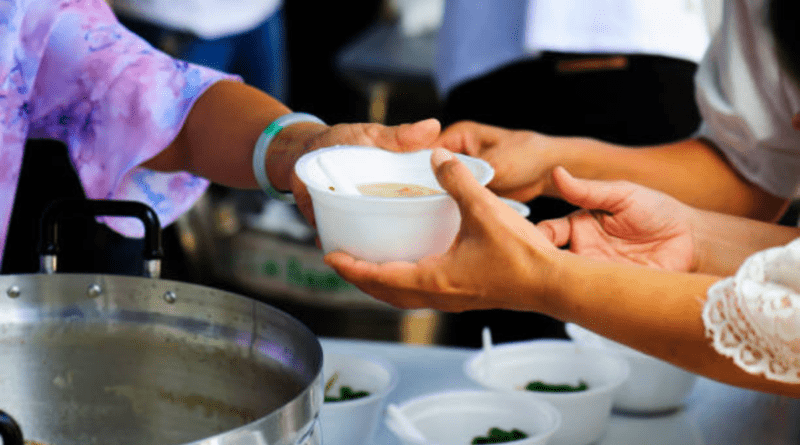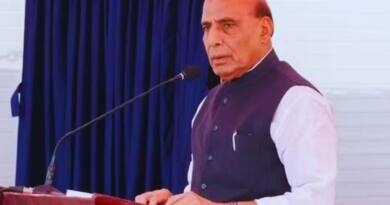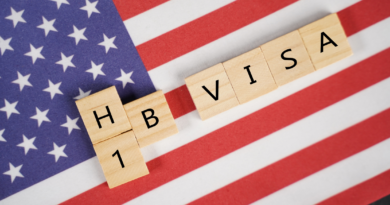See All About The Wondrous ‘Food For The Soul’
The Indian Cultural Association’s Sanjay and Niti Srivastava greeted each person for two hours while standing outside. Namaste is an old Hindi phrase that can indicate “hello” or “goodbye,” but it also has a deeper meaning: “I bow to the divine in you.”
Loading boxes brimming with fresh potatoes, cabbages, carrots, and onions, along with bread loaves, peanut butter jars, and bags of potato chips into trunks or backseats, Sanjay, Niti, and other volunteers helped load up. It was all yours to take; no proof of identity was needed.
For the previous two years, churches, temples, schools, apartment buildings, caravan parks, and public libraries in Howard County have all witnessed a similar picture. The volunteers use the food drives and distributions as an opportunity to give back to the community by doing “seva,” or unselfish service. An essential component of Indian culture is seva.
Millions of people are now experiencing food insecurity as a result of the COVID-19 pandemic, according to Feeding America, the largest hunger relief organisation in the United States. According to the charity, Howard County’s overall rate of food insecurity was 9.2% in 2021.
The Srivastavas set out to highlight Indian culture and unite the county’s different groups via cultural arts and social services when they founded the Indian Cultural Association of Howard County three years ago. With the emergence of the COVID-19 epidemic, their objectives shifted. Cultural celebrations ceased in March 2020, and full-time community service took effect.
Niti Srivastava stated, “Calls for food started on a small scale and grew from that to this pretty quickly,” as she observed tables covered in dozens of food boxes on a Saturday afternoon in a parking lot. Down Frederick Road, a long queue of cars waited to grab some.
According to Sanjay Srivastava, the Indian Cultural Association has provided more than 2.3 million pounds of food to Howard County residents in its nearly two years of operation.
“We needed to do something, and so we did, in the face of widespread hunger and suffering,” stated Sanjay Srivastava.
Since the beginning of the association food drives, Paul Baicich, chair of the Howard County chapter of Our Revolution Maryland, an organisation that promotes economic justice, has taken part alongside other chapter members.
He no longer finds it shocking who he sees in line for food.
“You don’t think these are people who are food deprived,” Baicich stated.
He thinks that a large number of people who seek assistance are small company owners or employees in the hospitality sector.
The turnout last weekend astonished Hazel Chung Hood, a volunteer leading a group of ten Lutheran Village at Miller’s Grant residents who live next door to the library.
Months ago, Lynn Glaeser, director of resident life at Lutheran Village at Miller’s Grant, noticed a line of automobiles “snaking through” the neighbourhood, and that’s how she first learned about the food drive.
Food must currently be distributed by the cultural association the day it arrives, which has proven difficult, according to Sanjay Srivastava, particularly if it arrives in the late afternoon. According to Srivastava, the 25-acre farm in Woodbine will serve as a place for food salvage and rescue.




